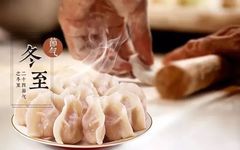
 Winter Solstice
Winter Solstice
“The timing of nature and human affairs urges us on, the Winter Solstice brings forth Yang and Spring returns.” On this day, the daytime is the shortest, and the night is the longest. Yin is at its peak while Yang is at its lowest; the extreme of Yin gives birth to Yang, marking a crucial moment for the interaction of Yin and Yang in the human body. From this day forward, daylight increases day by day, and the Yang energy of heaven and earth begins to grow stronger. Therefore, it represents the beginning of the next cycle and is considered an auspicious day. This day is what we commonly refer to as the “Winter Solstice” solar term. The Winter Solstice is the fourth solar term of winter and the twenty-second of the twenty-four solar terms. It marks the onset of severe winter, and in most regions of China, it is customary to start counting the “Nine Cold Days” from the Winter Solstice. Although it is not yet the coldest day of the year, the coldest “Three Nines” are not far off. The Winter Solstice is the time when Yin energy is at its peak, but as the peak of Yin declines, Yang begins to emerge. The climatic characteristics of the Winter Solstice include short daylight hours and cold weather. The excessive Yin cold energy can lead to a deficiency of Yang energy, especially in women who often have a Yang deficiency constitution, making them more susceptible to internal cold in the uterus. Therefore, reproductive health during the Winter Solstice requires us to focus on “avoiding, nurturing, supplementing, and preventing.” Below, we will discuss these aspects in detail.
WINTER IS COMING 1. “Avoid” Cold and Keep Warm, Protect Yang Energy
1. “Avoid” Cold and Keep Warm, Protect Yang Energy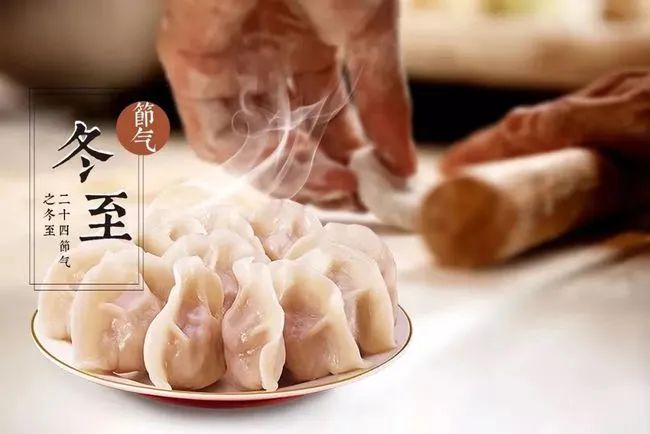
The Winter Solstice is a time of significant transformation between Yin and Yang. The “Three Nines” following the Winter Solstice are characterized by cold weather, and the Yang energy within the body has just begun to emerge, making it relatively weak. This is also the time when the body’s resistance is at its lowest, making individuals more susceptible to cold and illness. Therefore, the core of health maintenance before and after the Winter Solstice is to “avoid cold and keep warm,” nurturing the weak Yang energy that has just begun to grow, facilitating its future development. This is especially important for women preparing for pregnancy, who should pay particular attention to warmth to protect their internal Yang energy. A warm body promotes smooth circulation of Qi and blood, helping to prevent many diseases. Emphasis on warmth should focus on the head and feet. When temperatures drop below 0°C, it is essential to add clothing promptly. Clothes should be warm yet soft and loose, avoiding tight-fitting garments to ensure smooth blood flow. Many ailments arise from cold, particularly from the feet, so foot baths are an excellent health method. The best time for foot baths is before bedtime, using water at a temperature of 40-45°C to soak the feet, ensuring the water covers the ankles. Soaking for 15-20 minutes before covering up to sleep can keep the feet warm throughout the night, protecting Yang energy and improving sleep quality for some patients, achieving two benefits at once.
HELLO WINTER 2. “Nurture” Essence and Calm the Mind
2. “Nurture” Essence and Calm the Mind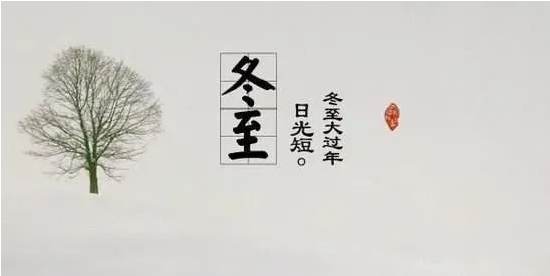
Spring corresponds to the liver, summer to the heart, late summer to the spleen, autumn to the lungs, and winter to the kidneys. According to the relationship between humans and nature, winter is the time to nourish the kidneys. This is particularly important for women of childbearing age, as the function of the kidneys is crucial. In cold weather, the cold evil first invades the kidneys, so it is essential to focus on kidney tonification, maintaining kidney Qi, and protecting essence. On one hand, massaging the Taixi (Kidney 3), Yongquan (Kidney 1), and Guanyuan (Ren 4) acupoints can help tonify kidney Qi. Additionally, getting plenty of sunlight can help promote Yang energy in the body, especially by exposing the back, as the abdomen is Yin and the back is Yang. Sun exposure on the back can strengthen Yang energy and warm the meridians. Furthermore, it has a positive effect on regulating emotions and improving the body’s condition. After the Winter Solstice, the days are shorter and nights longer, leading to a disruption in the biological clock and endocrine imbalance, which can cause emotional and mental disturbances, manifesting as depression, lethargy, and even a lack of will. Therefore, after the Winter Solstice, people should pay more attention to warmth, get more sunlight, and regulate their emotions to prevent mental health issues.
HELLO WINTER 3. “Supplement” Yang and Nourish Yin, Balance Spleen and Stomach
3. “Supplement” Yang and Nourish Yin, Balance Spleen and Stomach
During the Winter Solstice, Yin energy has reached its peak, and Yang energy begins to sprout. “Supplementing in winter leads to health in the coming year,” indicates that the best time for supplementation begins on the Winter Solstice, commonly referred to as “winter supplementation.” Following this trend, health maintenance during the Winter Solstice should also involve appropriately supplementing Yang energy. It is advisable to consume warming foods such as lamb, beef, and chicken. However, one should not blindly over-supplement; it is essential to consider one’s constitution and maintain a balanced diet. Secondly, attention should be paid to protecting Yin fluids, as this season tends to be dry, leading to insufficient Yin energy and symptoms such as dry mouth and constipation. It is beneficial to include foods that nourish Yin, such as radishes, cabbage, pears, goji berries, and water chestnuts. Consuming medicinal meals, tonifying Chinese patent medicines, and decoctions is also a good principle, but it is crucial to do so under the guidance of a physician, as individual needs vary. It is important to avoid blind supplementation. Additionally, meals should be taken slowly and in smaller portions to ensure adequate nutrition without harming the spleen and stomach. One should follow the principle of “three more, three less,” meaning more protein, vitamins, and fiber; less sugar, fat, and salt. Foods should be warm, cooked, and include nuts, which can help resist cold, tonify the kidneys, strengthen the heart, and enhance overall health.
HELLO WINTER 4. “Prevent” Issues Before They Arise, Prioritize Heart and Lungs
4. “Prevent” Issues Before They Arise, Prioritize Heart and Lungs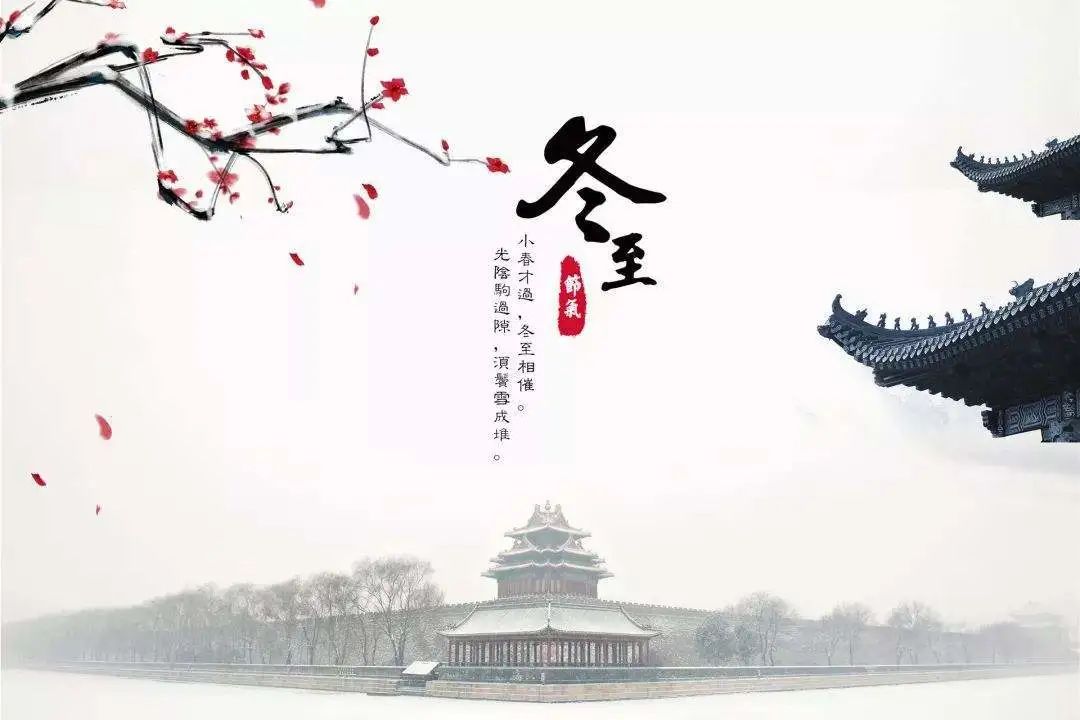
In Traditional Chinese Medicine, the lungs open to the nose and govern the skin and hair. In winter, due to the cold weather, the mouth, nose, and skin are directly exposed to the outside environment. If one does not pay attention to warmth, it is easy to be invaded by external cold, leading to respiratory issues such as colds, coughs, sore throats, and nasal congestion. Prevention mainly involves proper care, wearing more clothing, and avoiding raw and cold foods. This year, with the rampant COVID-19 pandemic, viruses such as influenza and COVID-19 spread more easily in cold and dry environments. Therefore, women of childbearing age should wear masks and wash their hands frequently to prevent infections. Additionally, strokes are more likely to occur in winter due to low temperatures, which cause the body’s capillaries to constrict in response to cold stimuli, increasing peripheral resistance to blood circulation, placing a heavier load on the left ventricle and brain, which can lead to elevated blood pressure and promote thrombosis. Thus, women of childbearing age should pay special attention to controlling their emotions during winter and avoid sudden temperature changes. Patients with chronic cardiovascular and cerebrovascular conditions should monitor their health regularly and adjust medications as needed.
HELLO WINTER
The Winter Solstice has arrived, and spring is not far away. During this waiting period for the blooming of spring, let us ignite the torch of optimism to warm each other and navigate through the fog ahead together.
Winter Solstice Dietary Therapy for Fertility
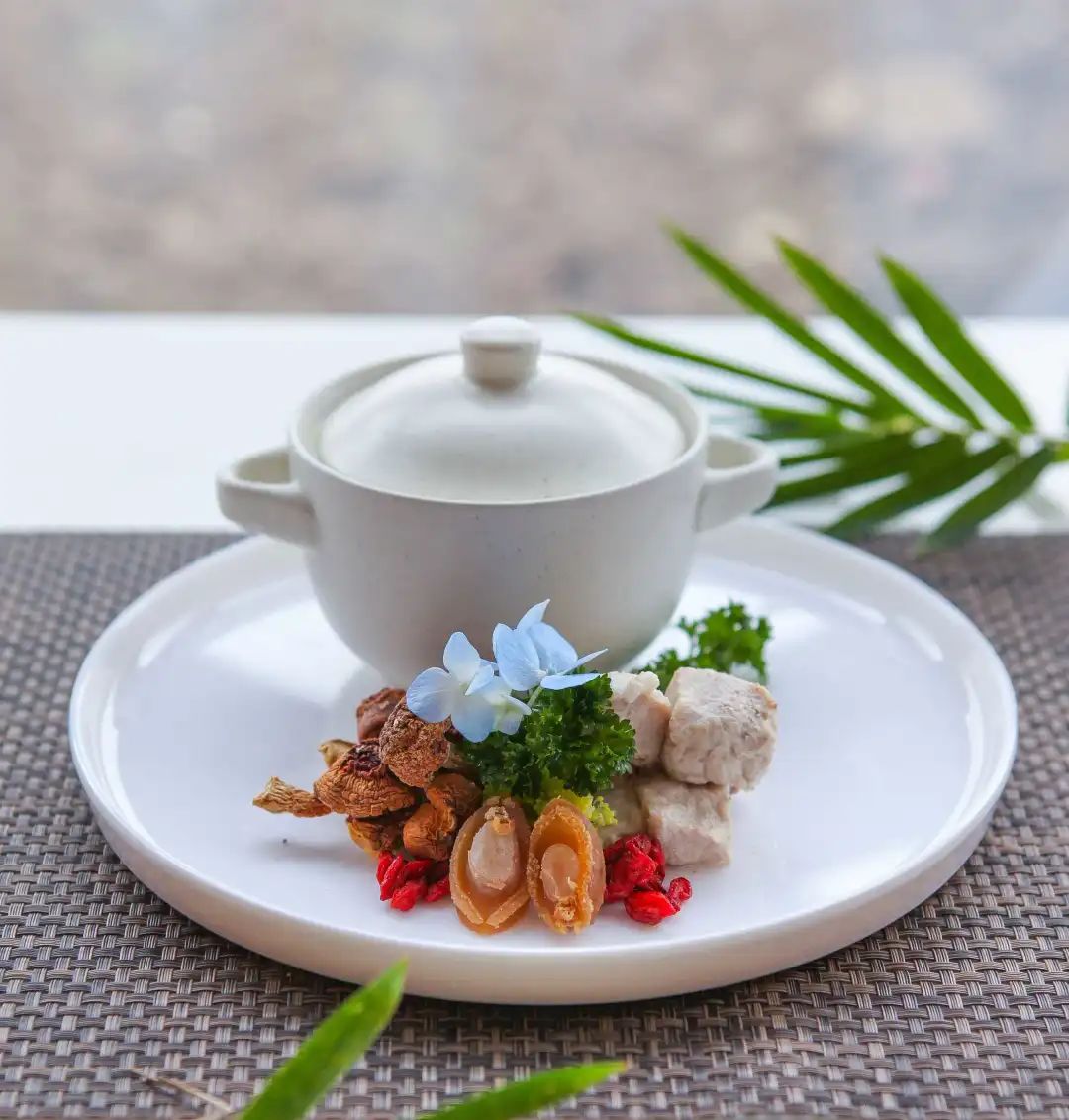
Healthy Living in Progress◆◆1◆Lamb Stew with White Radish
Ingredients: 500 grams of white radish, 250 grams of lamb, ginger, cooking wine, and salt to taste.
Preparation: Clean and cut the white radish and lamb into pieces. In a pot, add an appropriate amount of water and bring to a boil, then blanch the lamb for 5-6 minutes, remove it, and discard the water. Refill with water, bring to a boil again, add the lamb, ginger, cooking wine, and salt, and simmer until the lamb is about 60% cooked, then add the white radish until cooked.
Effects: Tonifies Qi and replenishes deficiency, warms the middle and nourishes the lower. Suitable for those with sore lower back and knees, fatigue, kidney deficiency-related infertility, and spleen and stomach deficiency.
◆2◆
Tianma Black Chicken Soup
Ingredients: 1 black chicken, 200 grams of Tianma (Gastrodia elata), ginger slices, cooking wine, and salt to taste.
Preparation: Place the black chicken in cold water, bring to a boil, and blanch to remove blood scum; clean the Tianma and place it inside the chicken’s abdomen, sewing it up. Put the black chicken in a clay pot, add ginger slices, cooking wine, and an appropriate amount of water, bring to a boil, then simmer on low heat for about 1 hour, adding salt and simmering for another 20 minutes until the ingredients are tender.
Effects: Promotes circulation and relieves wind. This soup has endocrine-regulating effects and is highly beneficial for women of childbearing age. Tianma is also effective for dizziness, headaches, and insomnia, helping to calm the liver, relieve pain, and nourish the spirit, making it a notable supplement when combined with black chicken.
◆3◆
Pork and Yam Soup
Ingredients: 500 grams of pork spine, 300 grams of yam, 100 grams of goji berries, ginger slices, cinnamon, and cilantro to taste.
Preparation: Blanch the pork spine to remove blood scum, then set aside. In a clay pot, add enough water, the pork spine, ginger slices, cinnamon, and bay leaves, bring to a boil, then reduce to a simmer. After 30 minutes, add the yam pieces, sprinkle in the goji berries, and season with salt, simmering until the ingredients are tender.
Effects: Nourishes blood and essence, tonifies the middle and benefits Qi. Suitable for women of childbearing age with deficiency of essence and blood, presenting with lower back and knee soreness, fatigue, menstrual irregularities, hair loss, and insomnia.
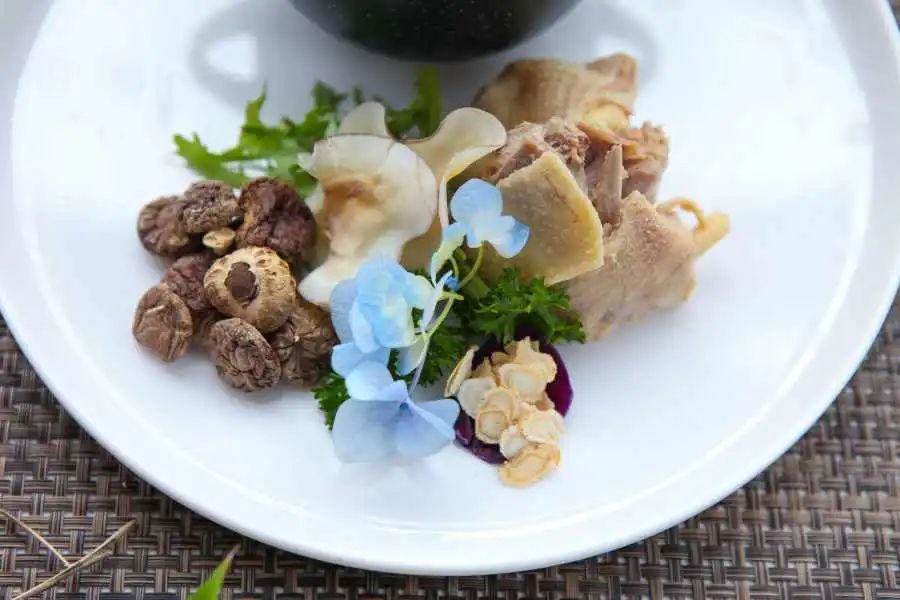
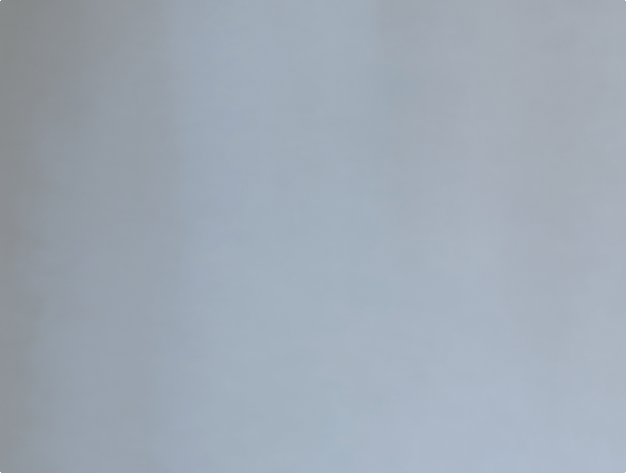
●ⓔⓝⓓ●
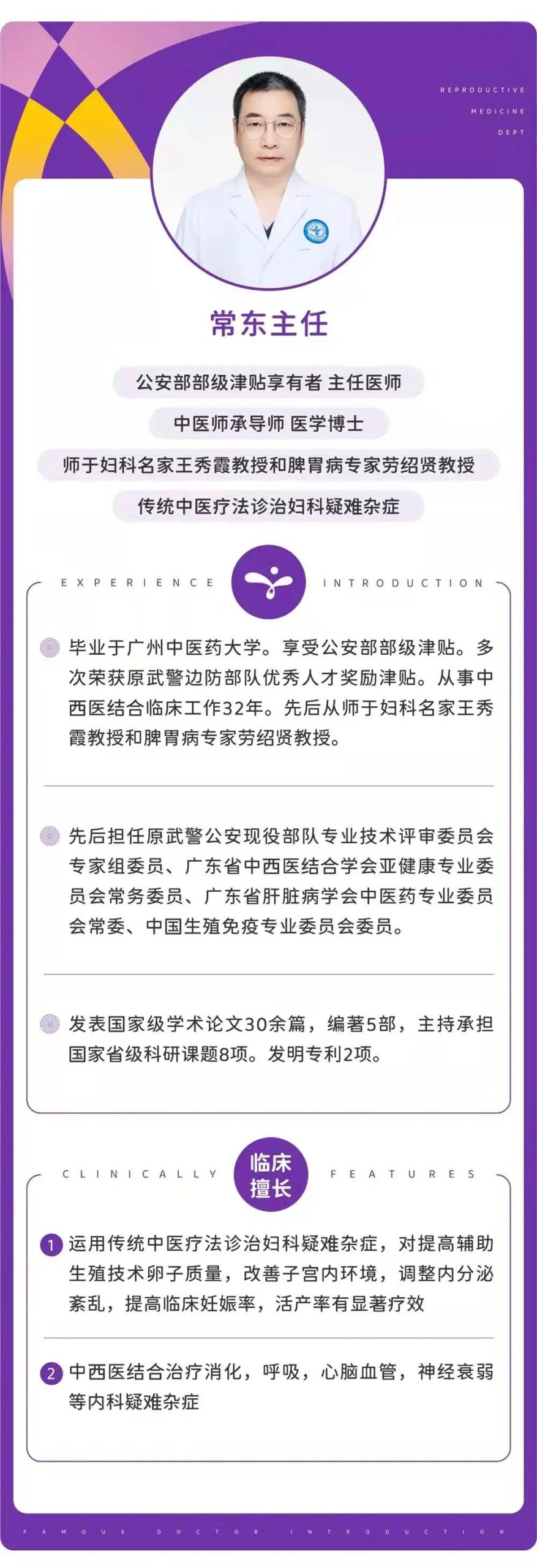
Consultation Hours:Friday morning, Saturday morning, all day Sunday
Consultation Location: Reproductive Medicine Department, People’s Hospital of Luohu District3rd Floor, Medical Technology Building, Expert Consultation Room
Note: The content of this article represents the author’s personal views and is for clinical reference only.

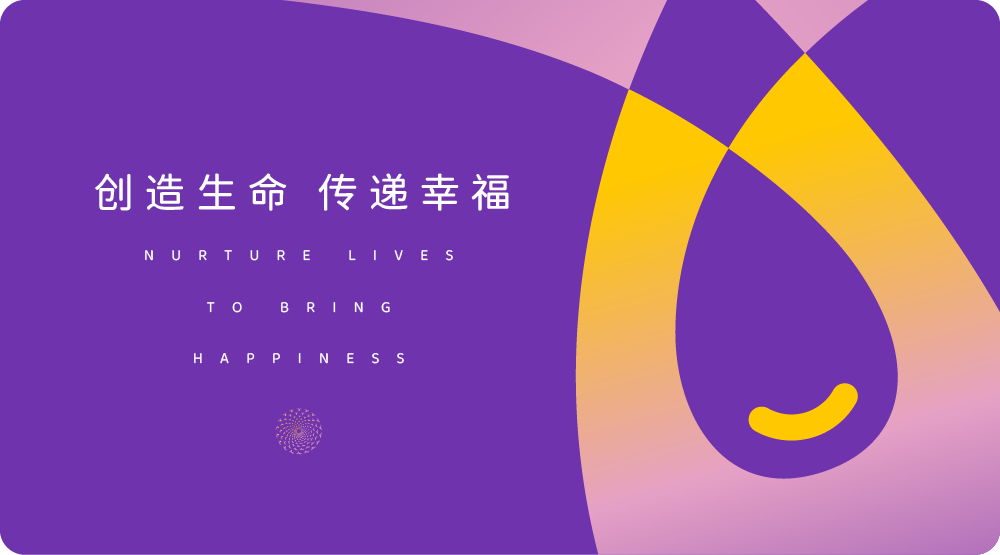
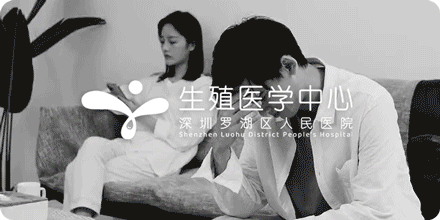

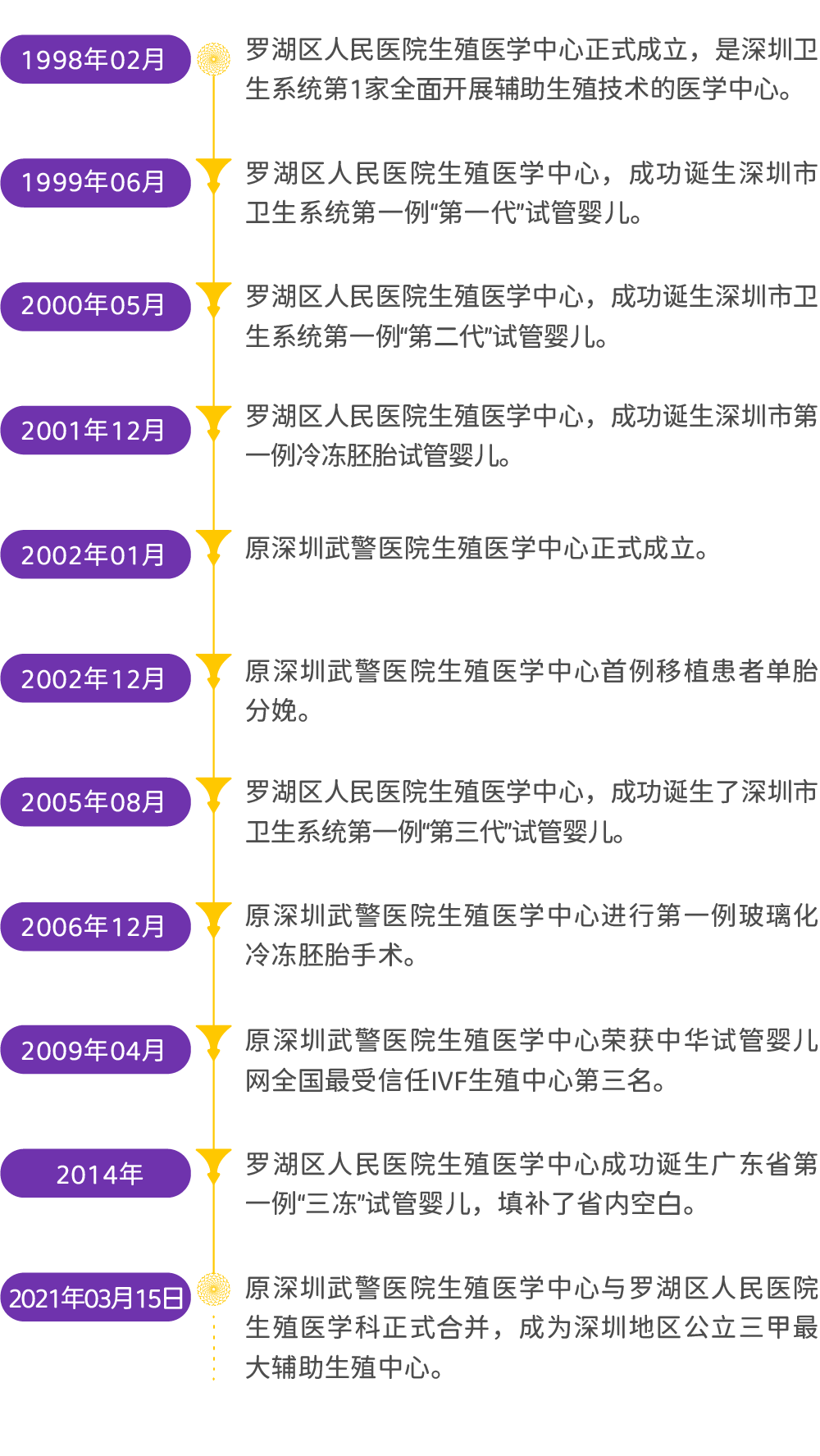



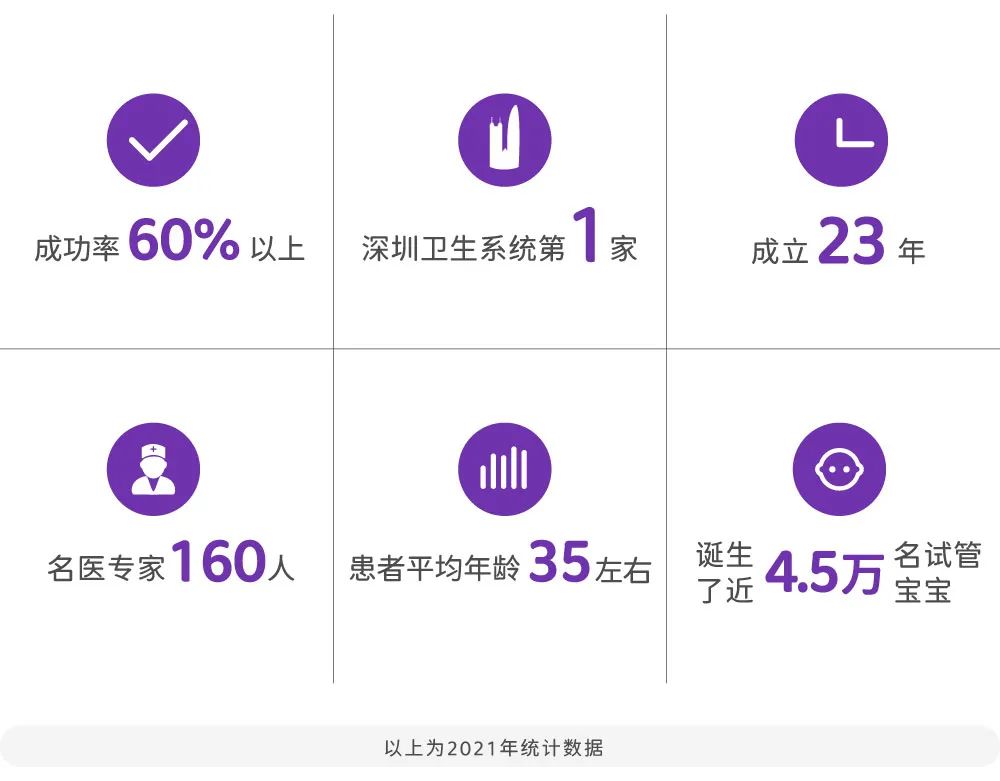

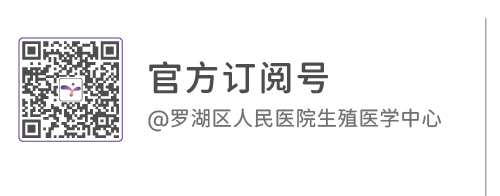
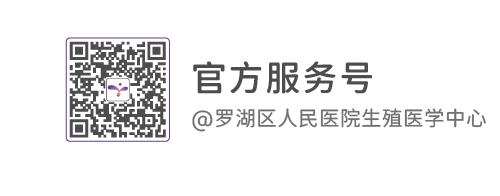
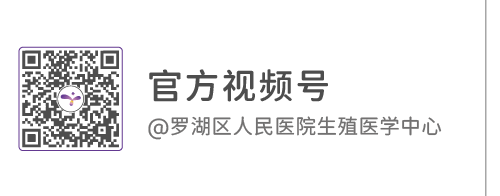
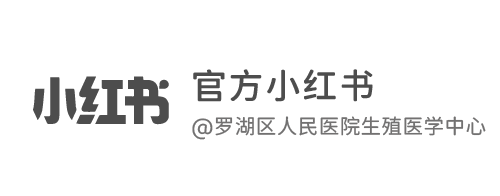
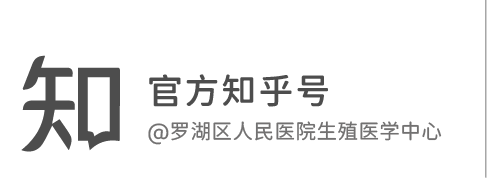
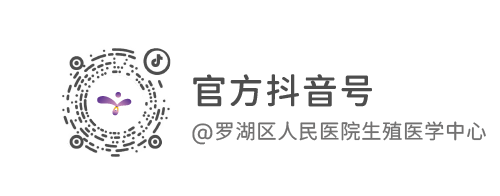
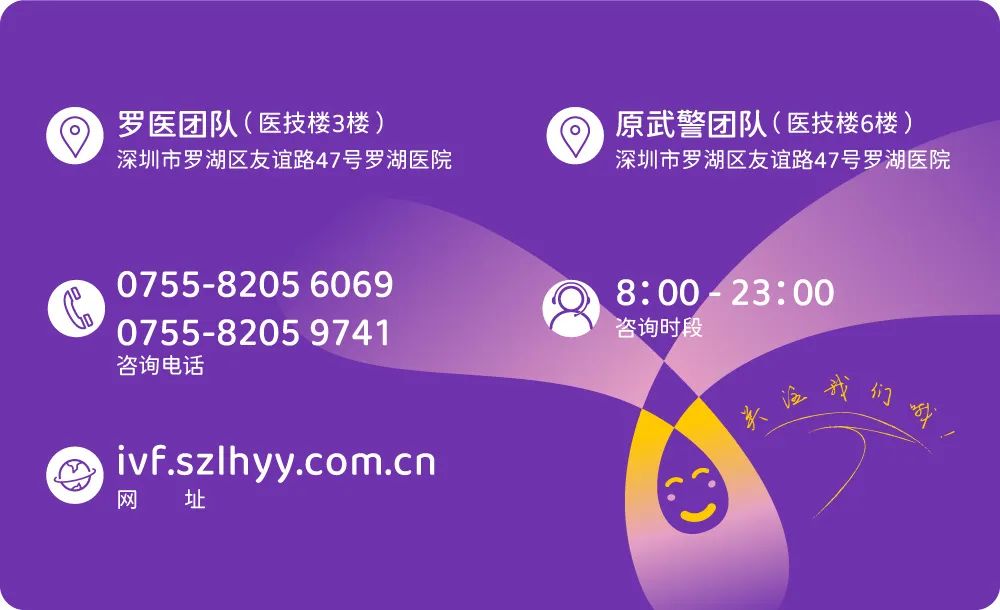
Editor: Long WenjuanInitial Review: Chang Dong
Final Review: Li Jingli

